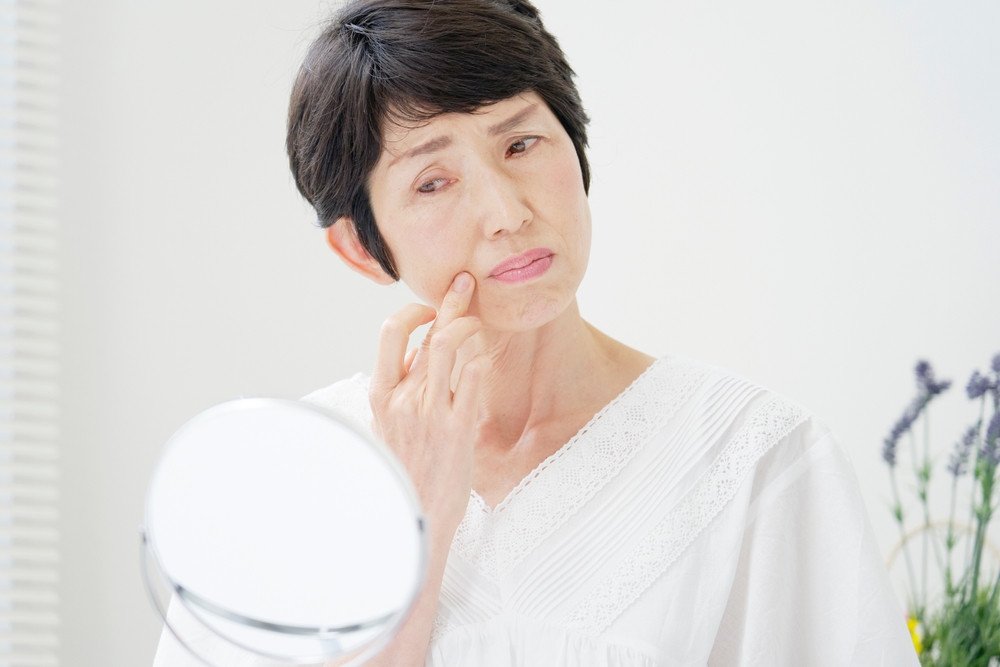Our bodies undergo numerous changes as we get older, and our oral health is no exception.
One common issue that many patients face is dry mouth, also known as xerostomia. Dry mouth
can be a frustrating and uncomfortable condition, and it can also increase the risk of tooth decay
and gum disease. In this post, Sonora dentist Dr. Justin Liggett from Morning Star Dentistry
explains what causes dry mouth, how to recognize it, and what you can do to manage it.
What causes dry mouth?
Dry mouth occurs when the salivary glands in your mouth don’t produce enough saliva. This can
happen for a number of reasons, including:
- Aging: As we age, the salivary glands can shrink and produce less saliva.
- Medications: Many medications can cause dry mouth as a side effect.
- Radiation therapy: Patients who undergo radiation therapy for head and neck cancers may experience dry mouth as a side effect.
- Medical conditions: Certain medical conditions, such as diabetes, Sjögren’s syndrome, and Parkinson’s disease, can cause dry mouth.
What are the symptoms of dry mouth?
If you have dry mouth, you may experience a range of symptoms, including:
- A dry, sticky feeling in your mouth
- Difficulty chewing, swallowing, or speaking
- Bad breath
- Dry or cracked lips
- A dry or sore throat
- A burning or tingling sensation in your mouth or on your tongue
How can you manage dry mouth?
If you’re experiencing dry mouth, there are several things you can do to manage the condition and improve your oral health:
- Stay hydrated: Drink plenty of water and avoid beverages that can dehydrate you, such as alcohol and caffeine.
- Chew sugarless gum: Chewing gum can help stimulate saliva production and keep your mouth moist. Look for sugarless gum to avoid promoting tooth decay.
- Use a humidifier: If you live in a dry climate or use a heater or air conditioner that dries out the air, using a humidifier can help keep your mouth moist.
- Avoid tobacco products: Tobacco products can worsen dry mouth and increase the risk of oral cancer.
- Practice good oral hygiene: Brush and floss your teeth regularly to prevent tooth decay and gum disease. Talk to yourdentist about using a fluoride toothpaste or mouthwash to help protect your teeth.
If you’re experiencing dry mouth, it’s important to talk to your dentist. Dr. Liggett can help you identify the cause of your dry mouth and recommend treatments to manage the condition and protect your oral health. Contact Morning Star Dentistry today to schedule an appointment and learn more about managing dry mouth.


